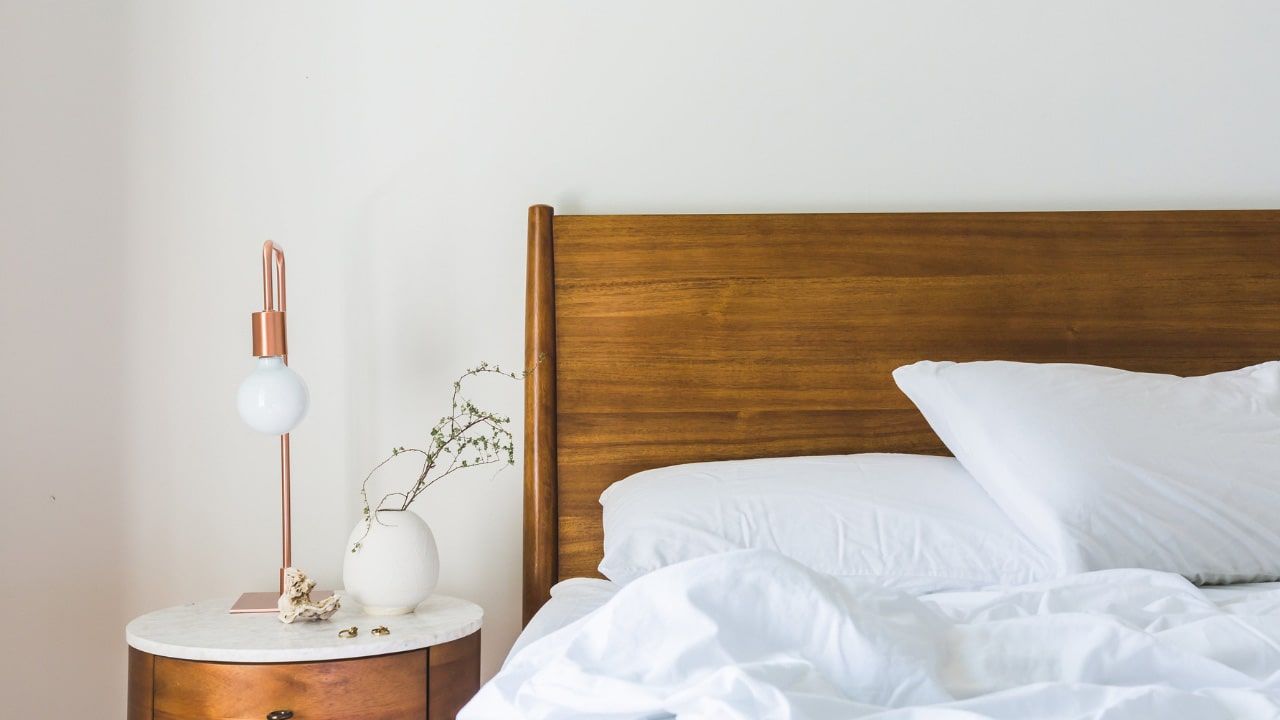
Get Your Best Sleep Yet: 8 Tips for Improving Your Circadian Rhythm and Your Adrenal Health
Mar 06, 2023By Jennifer Engels, MD
March is Adrenal Health month, a good time to become aware of a health connection many may not be aware of, the relationship between your circadian rhythm and adrenal health.
Improving your circadian rhythm can have a significant impact on adrenal health. The circadian rhythm is the internal process that regulates the sleep-wake cycle and other physiological processes in the body. It is controlled by the hypothalamus in the brain and is influenced by environmental cues such as light and darkness. When the circadian rhythm is disrupted, it can lead to imbalances in hormones, including cortisol, which is produced by the adrenal glands.
Cortisol levels are meant to be highest in the morning and lowest at night, but when the circadian rhythm is disrupted, cortisol levels may become elevated at night and can lead to adrenal exhaustion. Improving the circadian rhythm helps regulate cortisol levels and reduces the strain on the adrenal glands, leading to improved adrenal health. By establishing a regular sleep routine, avoiding exposure to artificial light in the evenings, and engaging in physical activity during the day, you can help improve your circadian rhythm and protect your adrenal health.
Maintaining a healthy circadian rhythm is crucial for overall physical and mental well-being, as disrupted sleep patterns can lead to various health problems such as fatigue, insomnia, depression, and even chronic diseases.
With these basic facts in mind, here are eight simple tips to improve your circadian rhythm to ensure a good night's sleep and help protect the health of your adrenal glands.
Establish a sleep schedule and stick to it.
Try to go to bed and wake up at the same time every day, even on weekends. This helps to regulate your internal clock and promotes better sleep. Aim for 7-9 hours of sleep each night.
Create a sleep-conducive environment.
Your sleeping environment plays a significant role in the quality of your sleep. Keep your bedroom cool, dark, and quiet, and invest in a comfortable mattress and pillows. You can also use earplugs or a white noise machine to block out any distracting sounds.
Limit exposure to screens before bedtime.
The blue light emitted by electronic devices, such as smartphones and laptops, can interfere with your circadian rhythm and make it harder to fall asleep. To avoid this, avoid screens for at least one hour before bedtime and use dim red lights or candles instead.
Get regular exercise.
Physical activity can help regulate your circadian rhythm and improve the quality of your sleep. Aim for at least 30 minutes of moderate exercise each day, but avoid exercising too close to bedtime, as it can make it harder to fall asleep.
Limit caffeine and alcohol intake.
Caffeine and alcohol are stimulants that can interfere with your sleep patterns. Try to limit your consumption of these substances, especially in the evening hours.
Practice good sleep hygiene.
Good sleep hygiene habits, such as taking a warm bath before bed, reading a book, or listening to calming music, can help you relax and fall asleep more easily.
Get at least 15 minutes of sunlight in some form within the first 30 minutes of waking.
If it is still dark and cold when you wake up, I recommend investing in a “Happy Light” by Verilux, available on Amazon. I would turn it on while you are getting ready for the day, or drinking your morning coffee. The connection between light and sleep is stronger than you may think. For some people with insomnia and circadian rhythm sleep disorders, light therapy can help relieve their sleep issues. It can also help treat patients that have a tendency towards Seasonal Affective Disorder (SAD).
Seek professional help if necessary.
If you continue to have trouble sleeping despite making changes to your lifestyle and sleep habits, consider seeking professional help. A sleep specialist can diagnose any underlying sleep disorders and help you develop an effective treatment plan.
In conclusion, maintaining a healthy circadian rhythm is essential for your overall health and well-being. By incorporating these simple tips into your daily routine, you can improve your sleep patterns, enhance your quality of life, and achieve better overall health.



